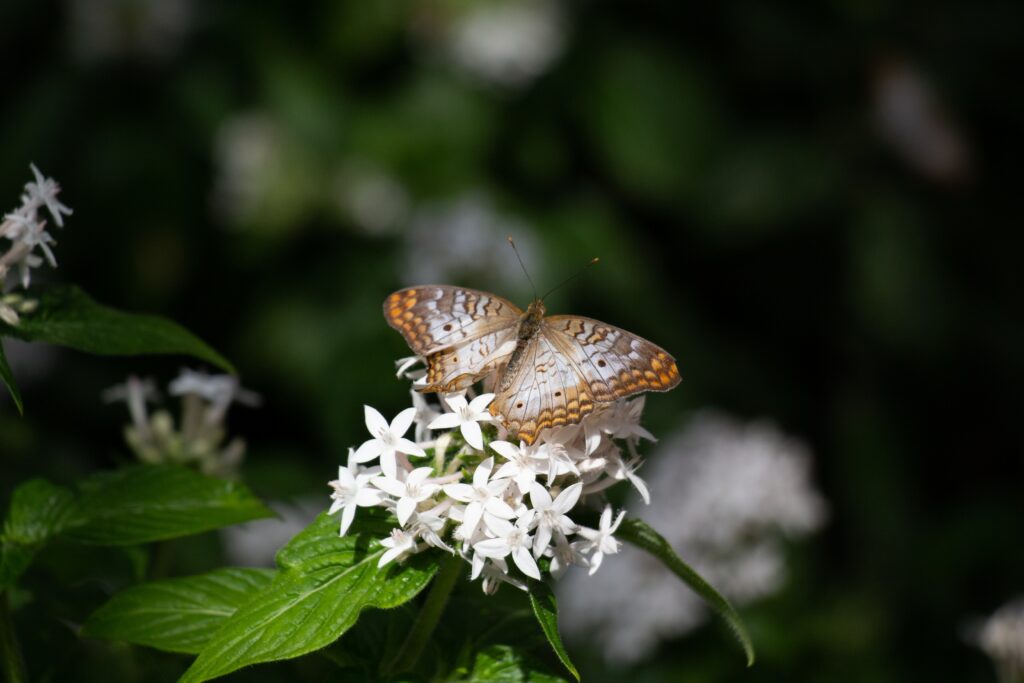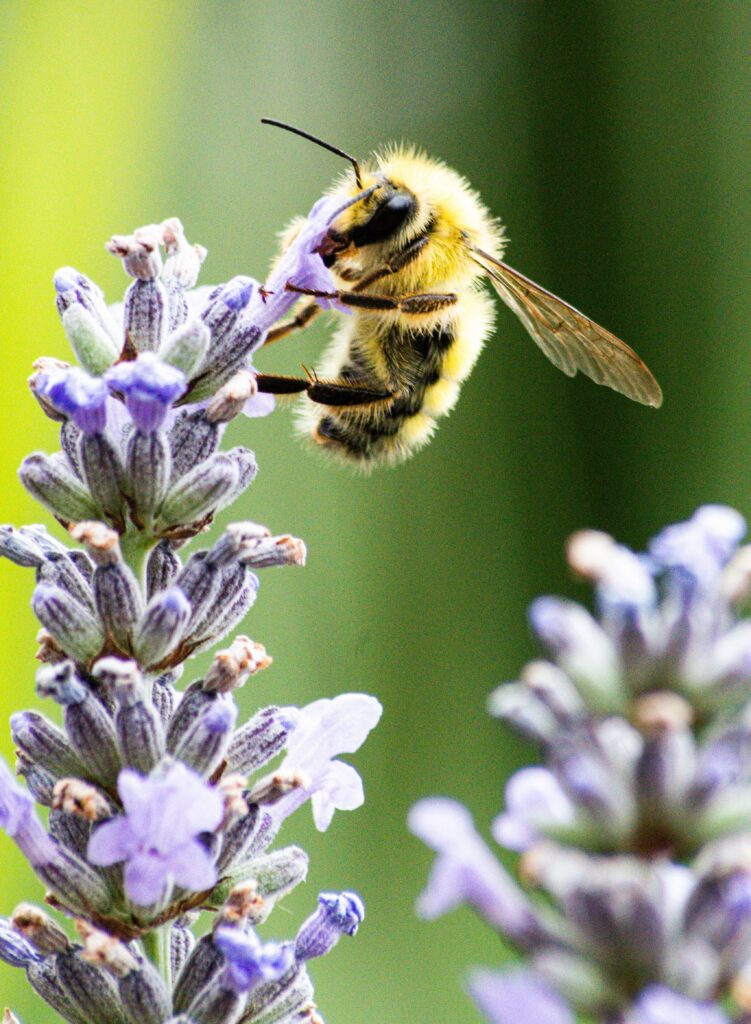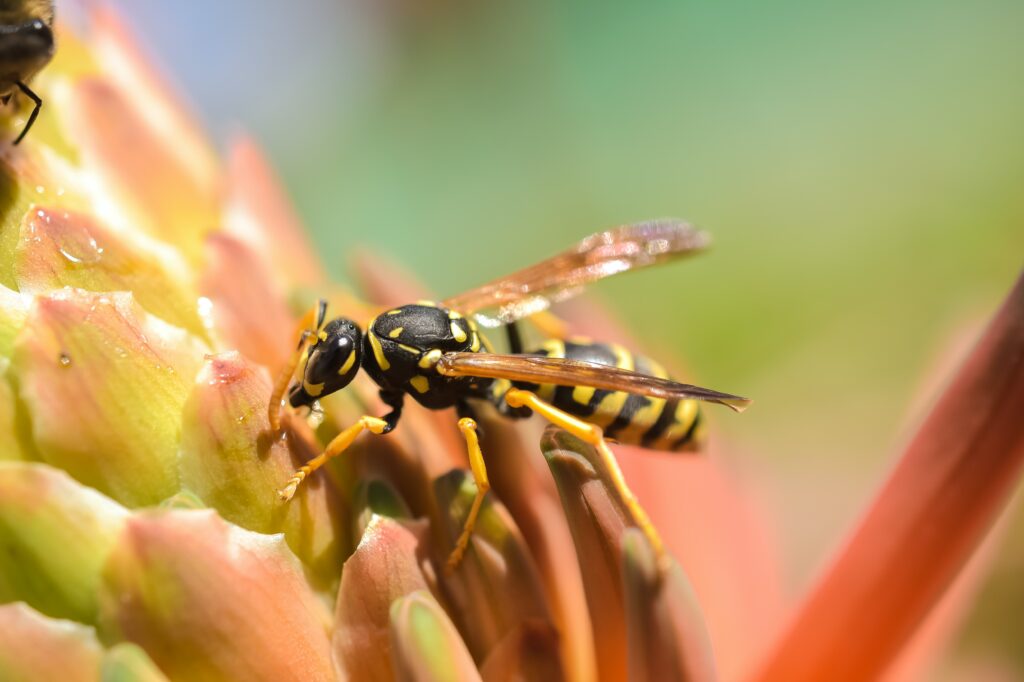Knowledge of the natural environment continues to grow, and many homeowners are putting more thought into the design and planning of their landscapes. The native plant movement, which is great for sustainability, begs for the inclusion of pollinator-attractive plants.

There’s a shift occurring in landscaping. Homeowners are looking to diversify their landscapes by utilizing native and pollinator-attractive plants to support bees, butterflies, and birds. The benefit of using local plants to attract local pollinators is that it helps the entire ecosystem.
If pollinators were not pollinating the plants that humans and animals eat, our crops would suffer, and we would see a shortage in fresh produce as well as in other plant life. The placement of milkweed (a native plant that monarch butterfly larvae feed on exclusively) into the landscape, plus how the plants are spaced. This, as well as being set off by mulch that has a strong visual silhouette, is more readily utilized for laying eggs than plants that are not as accessible.

Throughout the year, the Nevada Natural Heritage Program helps to educate communities about the importance of our state’s pollinators and the vital roles these pollen movers play in supporting our natural environment.
Also, a nesting habitat is vital. At least half of Southern Nevada’s native bees nest underground, so leaving undisturbed bare ground between plants will give them places to raise the next generation of bees to pollinate future wild plants.
What living species are considered pollinators, especially here in the desert? Butterflies, bees, moths, hummingbirds, bats, and doves all help pollinate our desert plants. Native bees are the most critical pollinators in Nevada as their fuzzy bodies make these pollinating powerhouses tremendously efficient at gathering and transferring pollen.
Pollinator advice: Here are some tips to keep our local pollinator habits buzzing:
■ To help identify the locations and species of pollinators in your area, take photos of pollinator species and upload the images to the iNaturalist App, available on Android and Apple devices.
■ Reduce or eliminate the use of pesticides and other harmful chemicals in gardens and lawns.
■ Create a pollinator-friendly garden. Wildflowers and flowering shrubs are the primary food sources for pollinators. Visit the Las Vegas State Tree.
■ For an expansive listing of pollinator plants, check out this information from the Red Rock
Audubon Society: www.redrockaudubon.com/southern-nevada-pollinator-Plants.html.

Keep in mind that whether you are interested in buying a home or selling a home, a Realtor should represent you—this person is working for your benefit and will help you. Navigate through the buying or selling process. We have celebrated selling both new and resale homes for over thirty years.
We are here to answer any questions you might have—just email us!
jennifer@smithteamlasvegas.com
Thank you, and have a wonderful day.

